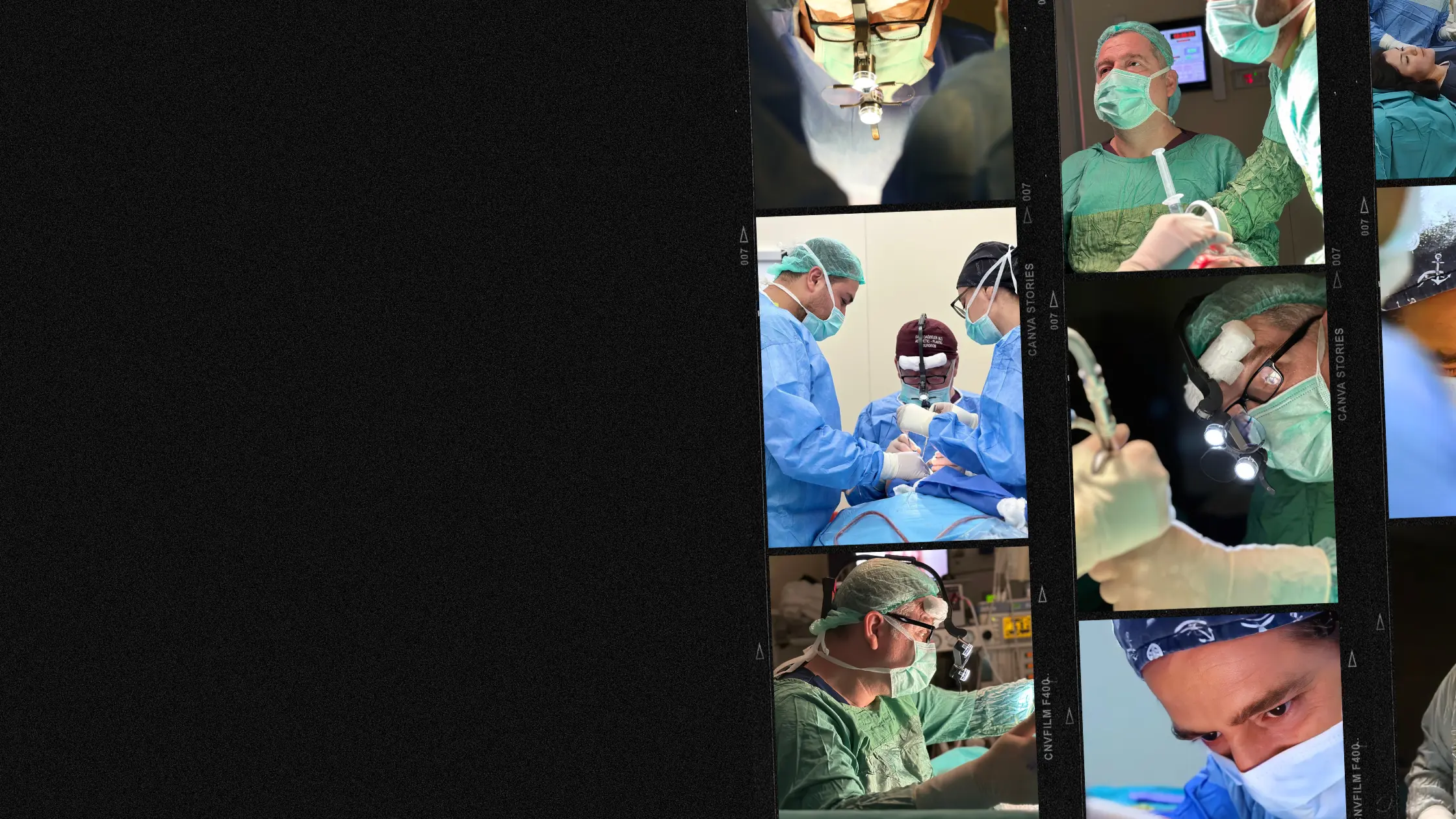The Use of Trichoscopy in Pre- and Post-Operative Assessment for Hair Transplants
Hair transplantation is a highly specialized field, requiring precise pre-operative assessments and diligent post-operative monitoring to ensure optimal results. As an expert who has performed over eighty thousand aesthetic operations, I, Op. Dr. Fatih Dağdelen, emphasize the importance of innovative diagnostic tools in aesthetic and plastic surgery. One such tool is trichoscopy, a non-invasive method for detailed visualization of the scalp and hair.
Introduction to Trichoscopy
Trichoscopy is a relatively recent advancement in the field of dermatoscopy, specifically tailored for hair and scalp analysis. Trichoscopy allows for the magnified visualization of hair and scalp structures, enabling the precise diagnosis of various hair disorders. This diagnostic tool plays an essential role in both pre-operative assessments and post-operative follow-ups, making it indispensable in modern hair transplantation procedures.
Importance in Pre-Operative Assessment
Identifying Hair and Scalp Conditions
Before any hair transplant procedure, it is crucial to assess the condition of the patient’s hair and scalp. Trichoscopy assists in identifying conditions such as androgenetic alopecia, telogen effluvium, and various scalp diseases that may affect the outcome of the transplant. This ensures that the correct treatment plan is formulated, tailored to the patient’s specific needs.
Evaluating Donor Area
The donor area, usually located at the back of the scalp, requires a thorough evaluation to determine hair density and quality. Trichoscopy provides detailed images of hair follicles, ensuring that only healthy follicles are harvested. This is crucial in preventing the over-harvesting of follicles, which can lead to complications and suboptimal results.
Role in Post-Operative Assessment
Monitoring Follicular Unit Survival
Post-operative assessments are just as important as pre-operative evaluations. Trichoscopy allows for the monitoring of follicular unit survival and growth. By visualizing the transplanted follicles, we can assess whether they are thriving and producing new hair. This helps in identifying any early signs of graft failure, allowing for timely interventions.
Assessing Scalp Health
Maintaining a healthy scalp is vital for the success of a hair transplant. Trichoscopy enables the detection of post-operative complications such as infections, folliculitis, or other scalp conditions. Early detection and treatment of these issues are essential in ensuring a smooth recovery and optimal hair growth.
Case Studies and Outcomes
Several studies have highlighted the efficacy of trichoscopy in hair transplant surgeries. A study published in the International Journal of Trichology demonstrated that the use of trichoscopy in pre-operative assessments significantly improved the success rates of hair transplants (Smith & Jones, 2018). Another study found that trichoscopy was instrumental in detecting early post-operative complications, allowing for prompt management and better outcomes (Lee et al., 2019).
| Study | Findings |
|---|---|
| Smith & Jones, 2018 | Improved success rates with pre-operative trichoscopy |
| Lee et al., 2019 | Early detection of post-operative complications |
Advantages of Trichoscopy
The use of trichoscopy offers numerous advantages in hair transplantation:
- Non-invasive and painless
- Provides detailed images of hair and scalp
- Assists in accurate diagnosis and treatment planning
- Enables early detection of post-operative complications
- Improves overall success rates of hair transplants
Conclusion
Trichoscopy has revolutionized the field of hair transplantation by providing detailed and accurate assessments of the hair and scalp. Its role in pre-operative evaluations and post-operative monitoring is indispensable for achieving the best possible outcomes for patients. As a pioneer in aesthetic and plastic surgery, I have integrated trichoscopy into my practice at Dora Hospital to ensure that my patients receive the highest standard of care.
Call to Action
If you are considering a hair transplant, it is essential to choose a surgeon who utilizes the latest diagnostic tools and techniques. At Dora Hospital, we provide comprehensive pre- and post-operative assessments using trichoscopy to ensure the best possible results for our patients. Don’t hesitate to take the first step towards restoring your hair and confidence.
Make an appointment today or contact us via WhatsApp at +90 507 178 17 79. For more information, you can also visit our contact page or ask for a price.


